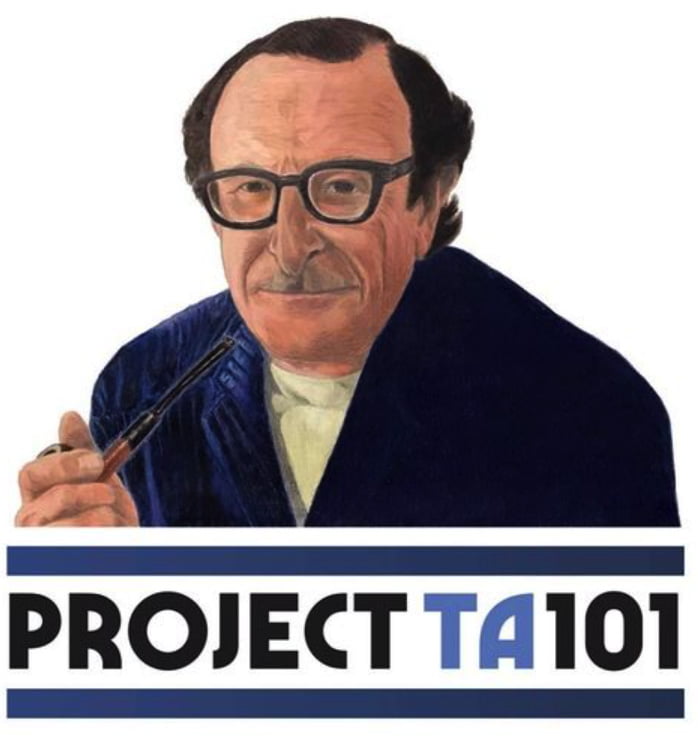TRANSACTIONAL ANALYSIS TRAINING
What do you want to achieve?
………………………………………………….
√ Complete the Official TA 101
√ Complete Advanced TA Training
√ Become a Certified Transactional Analyst (CTA)
√ Become a Teacher & Supervisor of Certified Transactional Analysts (TSTA)
………………………………………………….
YOU CAN ACHIEVE THESE THROUGH TRANSACTIONAL ANALYSIS TRAINING
Your Journey Begins Here
Many people use transactional analysis (TA) professionally or for their own personal growth and development, maintaining their interest and growth through workshops, conferences, and so on. Those interested in further developing their expertise may engage in a transactional analysis training program. Training in TA, whether for personal or professional growth, is offered around the world by institutes and certified individuals. To find out what training is available in your region, visit the website of the TA association nearest you. Click on the tabs below to find out more about your journey in TA Training.
The TA 101 course is the official introduction to transactional analysis, its history, and key concepts. To begin training, you need to have satisfactorily completed a TA 101 course. (See Handbook Section 4 for complete course description.) The TA 101 Certificate will be awarded to you upon successful completion – a necessary requirement to enter training as a certified TA practitioner. You can participate in a TA 101 course provided by any P/TSTA or TA 101 instructor available all over the world and online. Find out where you can take the TA 101 course HERE.
Following a 101 further TA Training typically begins with choosing a training course in one of the four fields of specialization in transactional analysis–counselling, education, organizational, or psychotherapy. Courses are of varying lengths depending on the field, trainer or course provider.
If you are considering becoming a CTA (Certified Transactional Analyst) you are encouraged to log your hours which will be 2000 hours in total, of which 600 are training, 150 are supervision, 750 are application and 500 can be any areas of training, supervision, or application.
If you decide to move forward with becoming a CTA then the next step is to become a contractual trainee by signing a contract with a sponsor, following this if you have logged sufficient hours you can move forward by writing, submitting and passing the mandatory written exam and following this applying for, preparing for, attending and passing the oral exam. More information on the CTA exam process is on the next tab.
Your next step to become a CTA (Certified Transactional Analyst) in your field of transactional analysis specialization is to satisfactorily complete a written examination followed by an oral examination.
The Written Exam is a case study that describes a piece of work using TA in the field, and includes TA and other theory. It can be up to 24,000 words and also includes a professional self-portrait and discussion of personal learning in training. It should reflect the candidate’s main area of work and be typical of their professional application of TA.
Having passed the Written Exam, candidates then are eligible to take the Oral Exam. The oral exam involves presenting the candidate’s work in TA, using recordings of work with individuals and groups. Oral exams take place in several venues each year (see the Exam Calendar below), and can be taken at an IBOC or COC (EATA) exam site.
With a CTA status, you have the opportunity to obtain your endorsement as a Provisional Teaching and Supervising Transactional Analyst. You will need to apply for a Training Endorsement Workshop (TEW), not less than one year after qualifying as a CTA.
The TEW is an educational, evaluative and prescriptive process designed to prepare and evaluate Certified Transactional Analysts as TA Supervisors and Teachers. It is conducted by a staff of TSTAs. The TEW is an evaluative learning with feedback. It is an opportunity for you to decide whether or not you want to make the commitment required to engage in the process of being trained and supervised to become a TSTA.
PTSTA candidates can sign the contract for the international accreditation as a Teaching and Supervising Transactional Analyst (TSTA) within one year after the endorsement of the TEW and enters a further training period to become a TSTA. During this training period, the PTSTA can teach and supervise under the supervision of a certified TSTA. At the end of the training period, the PTSTA takes an oral examination before an international board of examiners. These PTSTAs are then certified to teach transactional analysis and/or to supervise others in the application of transactional analysis. Some candidates may wish to qualify only in teaching (TTA) or supervising (STA). Becoming certified as a trainer and/or supervisor can take up to 5-7 years, depending on time devoted.
Project TA 101
Transactional analysts know the basic principles of worth, value, and dignity of every human being are more important than ever in today’s world!
This project began in January 2018 with collaboration among ITAA, USATAA, and Southeast Institute for the “Promoting Equality and OK-ness: Healing Divisions in Our World” Conference in Raleigh, N.C. The IESA Committee proposed a social justice focused TA 101, taught at this conference. The IESA Committee set a goal to develop diverse, accessible, recognized transactional analysis education from videos of this TA 101 designed on learner engagement strategies, with 24-hour access to the course materials.
Through Project TA 101, foundational TA training is now available and accessible to communities of learners who may not be able to access these powerful tools for personal development and social transformation.
Click below to access these tools.

An interactive online discussion group to connect with a community of transactional analysts.
• Discuss questions and insights
• Project TA 101 Facebook Discussion
Videos of the Social Justice focused TA 101 presented at 2019 Raleigh Transactional Analysis Conference
• 15-25 minute segments
• Optimized for Android and IOS
• Watch on any device
• Project TA 101 Video Channel
A learning guide to help participants integrate concepts. Topic clarification, supplemental materials, research references, quiz questions. Written exam requirements and information on how to locate a qualified exam evaluator to earn a full TA 101 certificate. Map for those who wish to pursue further TA training with USATAA and/or ITAA Project TA 101 Learning Guide.
Note: The program does not include the TA 101 Certificate. The TA 101 Certificate is awarded on the successful completion of TA 101 written exam by an officially recognized TA 101 instructor.
Lack of access to a TA 101 in many countries has been a significant obstacle to quality TA education for people working and living in traditionally underserved or disadvantaged communities, individuals living with disabilities or in rural areas, and families living in poverty.
We are thrilled with what we have accomplished so far, and we still need your help.
Together we can make a difference!
Transactional Analysis (TA) training for ANYONE who wants to understand, predict and change what happens when people talk to each other and enable cultural change.
• Learn to communicate effectively
• Understand why things happen and what you can do about it
• Make your voice heard
• Expand your professional development
• Always available
–Inclusion, Equity and Social Action Committee of USATAA,
Eric Berne Fund for the Future and
Scholarship Grant Fund of ITAA, ITAA and USATAA
EATA and ITAA recognize each other’s system of training and certification and will do so respectfully, in the spirit of trust and appreciation for differences in approach. This means that we regard both systems as being equivalent, while recognizing that they are not the same and do not need to be.
